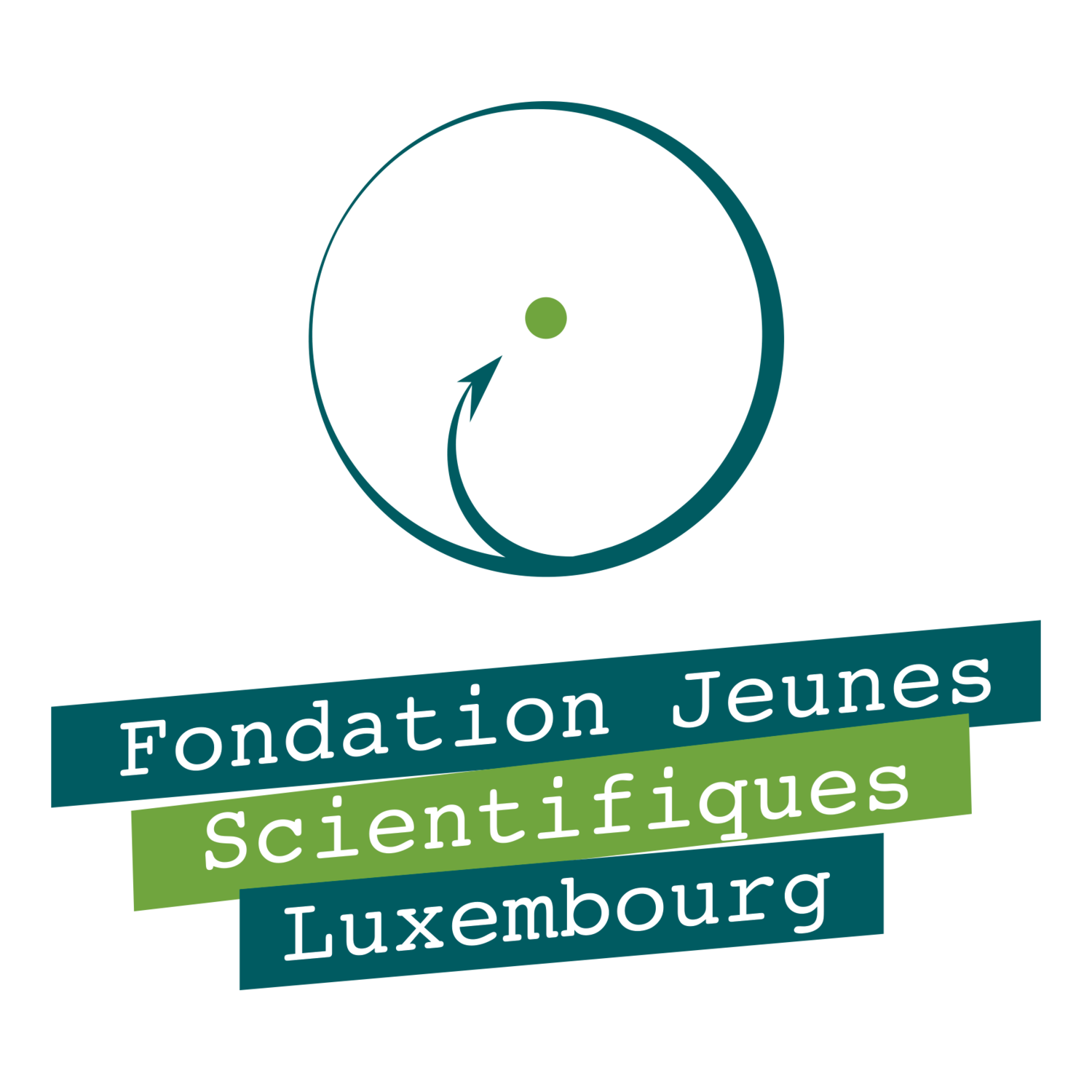“Science:Next” Programme wins Science for Society prize
“We are more likely to learn when being active instead of passively receiving information,” says Sousana Eang, director of the FJSL.
The Young Scientists of Luxembourg Foundation (Fondation Jeunes Scientifiques Luxembourg) has won the “Science for Society” prize for excellence in science communication.
“I initially hesitated to pursue this prize,” says Sousana Eang, director of the Fondation Jeunes Scientifiques Luxembourg (FJSL), explaining that previously winning projects brought evidence-based research to public attention, unlike the FJSL’s, which is more broadly educational.
But she changed her mind and submitted the “Science:next” programme, whose aim is to foster critical thinking skills and the scientific method in students aged 11-21 via practical application, interactive learning and guidance from experienced scientists.
“We were very impressed by this programme because it teaches the most important topics, such has how to distinguish knowledge from beliefs; how to find reliable sources and distinguish them from junk science; and how to recognise our cognitive biases and overcome them,” said Jacques de Selliers, founder of Science for Society, at the award ceremony on 16 March.
“This is exactly what our 21st century needs to overcome its domination by social media, quack doctors and fake news,” he added.
Empowering young scientists
Science:next was born in 2021 as a way to prepare students for the Jonk Fuerscher Contest. “We observed a common challenge among participants, particularly those from public schools,” says Eang. “Many were embarking on the scientific project journey alone. While their ideas were promising, they needed more guidance to articulate and demonstrate their concepts effectively.”
The programme is designed to complement school curricula by allowing students to pursue their own scientific curiosities. “The freedom to choose project subjects promotes intrinsic motivation tied to personal interests,” says Eang. “I’m convinced that we are more likely to learn when being active instead of passively receiving information.”
By being connected with real experts and scientists, students are further empowered to close the gap between theory and practice.
“Three years since the programme’s inception, the results are evident,” says Eang. “The jury of experts for the Jonk Fuerscher competition has noted a noticeable increase in the scientific calibre of participants. This positive outcome underscores the impact of collaborative efforts in nurturing and empowering young minds to pursue scientific exploration and discovery.”
The Science for Society prize is an initiative of the Science for Society Foundation (under the aegis of the Fondation de Luxembourg). Winners of the €5,000 grant are recognised for their communication of unbiased scientific information.
“We will use this grant to further support the youngsters that take part in the Science:next program, mainly by helping them acquire material for scientific projects,” says Eang in a Fondation de Luxembourg press release.

